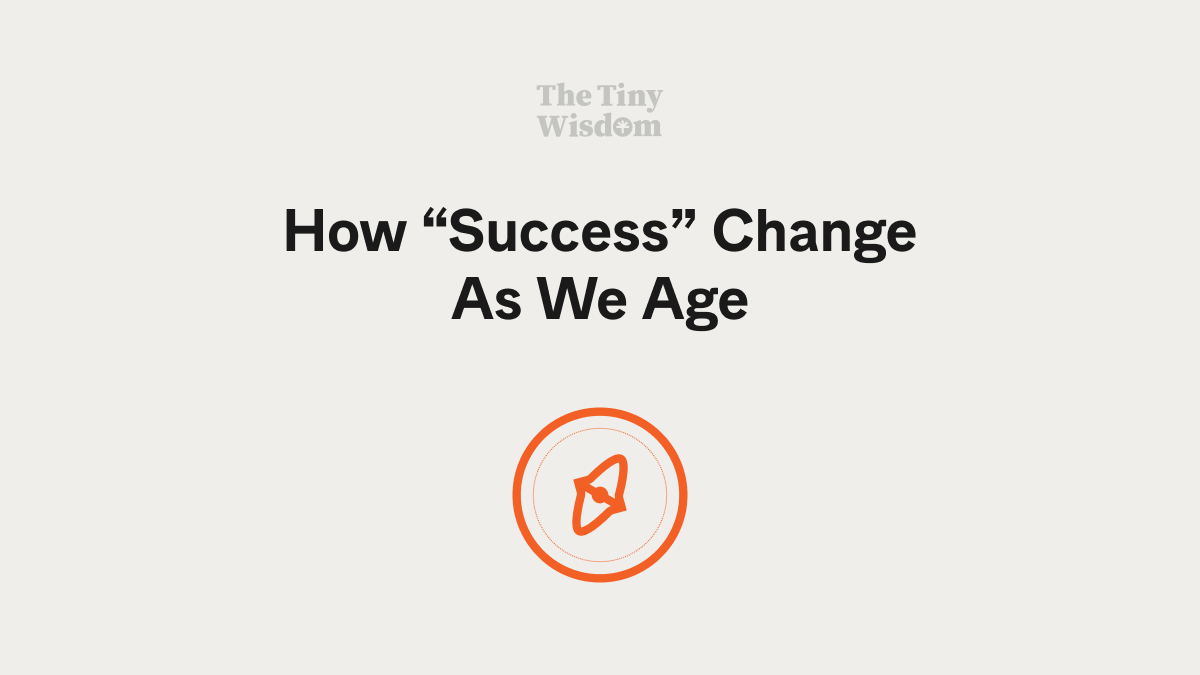How “Success” Change As We Age
Success is not a simple equation but a complex interplay of various factors—some within your control and others beyond it. As we age and become wiser, we can better orchestrate these elements to our advantage.

Success is often glamorized but seldom understood; I believe there is no right or wrong definition. It varies depending on one's stage of life.
When we were younger, there were many things we wanted to achieve and many dreams we wanted to realize. But as we grow older, we desire to focus on fewer but more significant goals despite our innate drive to achieve and excel.
The things that were crucial to us during our teenage years might not matter anymore as we enter our twenties. This pattern continues as we move through our thirties, forties, and beyond.
Time gives us the perspective we need to understand our core desires better.
Realistically ambitious
As we age, we come to the realization that life is not a linear journey, but a series of highs and lows. Often, we learn through difficult experiences before we fully understand that they are necessary for our personal growth.
Instead of viewing the lows as setbacks, we consider them part of the process. Planning for obstacles doesn't mean you're a pessimist, but it shows that you're prepared to face any challenges that come your way. The more prepared you are, the less likely challenges will derail you. These lows helped us grow and mature as adults.
Instead of viewing the lows as setbacks, we consider them part of the process.
We have realised that we cannot always achieve the best possible outcome in every attempt at success. Therefore, we set realistic expectations for ourselves and accept the achievable outcomes. If things turn out better than expected, we feel happy. But if not, we are not as disappointed as anticipated. However, this doesn't mean that we stop dreaming. Instead, we dream realistically, with an understanding of what is achievable.
Privilege is not within our control
While ambition and realism are largely within our control, there's also an element that's beyond our grasp: luck.
It's important to recognize that factors such as your family background, place of birth, and the opportunities that come your way significantly impact what you can achieve. However, you should not let these elements define your journey. If there are aspects that cannot be changed–let them go. Focus on the things that are within your control.
We can increase our luck surface area by being proactive and developing a deep understanding of a specific domain. Sahil Bloom explains it best in this blogpost.
Acknowledge the advantages or disadvantages you've had, but focus on making the most of what's within your control. You're not "losing." You're not "late." You are on your own time.
It's all about finding balance
Holding onto your ambitions while remaining grounded in reality allows you to navigate life's unpredictability. Your ambitions provide a destination while realism offers the most effective route. Acknowledging what you have and don't have helps you understand why others may be ahead while you are not.
Success is not a simple equation but a complex interplay of various factors—some within your control and others beyond it. As we age and become wiser, we can better orchestrate these elements to our advantage.
The path to success is an ongoing journey, not a destination.
I hope you find this inspiring. Remember:
It's not going to be easy. But it's not impossible.
Your friend,
Brian
